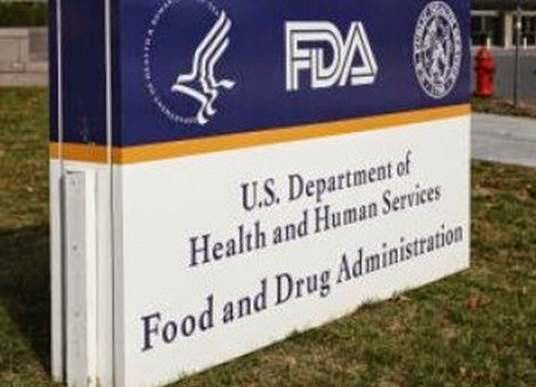This is a guest blog
by Katie Kroner, PHA’s Director of Advocacy and Awareness. Katie is working to
fill the room (and the Internet) with PAH patients for a unique meeting at the
FDA White Oak, Maryland, campus. PAH has been selected from thousands of
diseases to be one of 16 to talk about what patients want from the FDA approval
process. Now all we have to do is show up to be heard. It is truly a rare
opportunity. If you haven't registered yet, do so now. If you have registered and are willing to speak on a panel, make sure you send an outline of your comments to FDA. You should have received an email from FDA with the details.
 We count on the U.S. Food and Drug Administration (FDA) to
ensure that the medications we buy are safe.
We count on the U.S. Food and Drug Administration (FDA) to
ensure that the medications we buy are safe.
FDA is also responsible for making sure that drugs do what
the company selling them says they will do and that each new drug does
something at least a little different from previous ones. In other words, that
those drugs are effective and offer new options.
Every drug comes with some risks. How does FDA decide that a
drug is safe and effective enough to be sold? In the past, they’ve based these
decisions on specific, measurable criteria such as improving performance on the
six-minute-walk test.
What they haven’t
done much of is talk with people who will actually be taking the drugs they
approve. In fact, some disease communities have had to protest in front of the
FDA building just to get a meeting.
That’s what makes the
May 13 meeting between FDA and the PAH community so unique. FDA has decided
to make some changes in how they measure safety and effectiveness, and this
time they are asking patients for advice. When they announced their new
program, they got requests for meetings from hundreds of groups. Rino wrote comments, and PHA
Board Member Colleen Brunetti traveled to DC to present to the FDA. In the end,
FDA decided to start small, they will meet with 16 disease communities over the
next three years, and the PAH community is one of them.
That meeting will take place on Tuesday, May 13, and it’s important that you take part.
The room holds 250 and the Internet holds a whole lot more. I invite you to
come in person if you can, but if you can’t make the trip, you can still respond
to poll questions and submit comments online.
- What symptoms of PAH most impact your daily life?
- Are there activities that are important to you that you can’t do the way you would like because of your PAH?
- What do you do to treat your PAH?
- Are there downsides to your treatments? How do these impact your life?
Those who participate online can respond to similar
questions via poll.
It’s about time a federal agency is asking PAH patients
these important questions. PHA has worked hard to secure this meeting. Now it’s
your turn to make your voice heard.
- Register with FDA. Whether you are attending in person or by webcast, you must register on FDA’s website. All members of the PH community are welcome, but PAH patients and the parents of young patients will do the talking.
- Claim your seat on the bus. For those who would prefer not to drive to the FDA campus, buses are available from pick up points in New York, Philadelphia and Maryland. Complete this form to claim your seat on the bus






